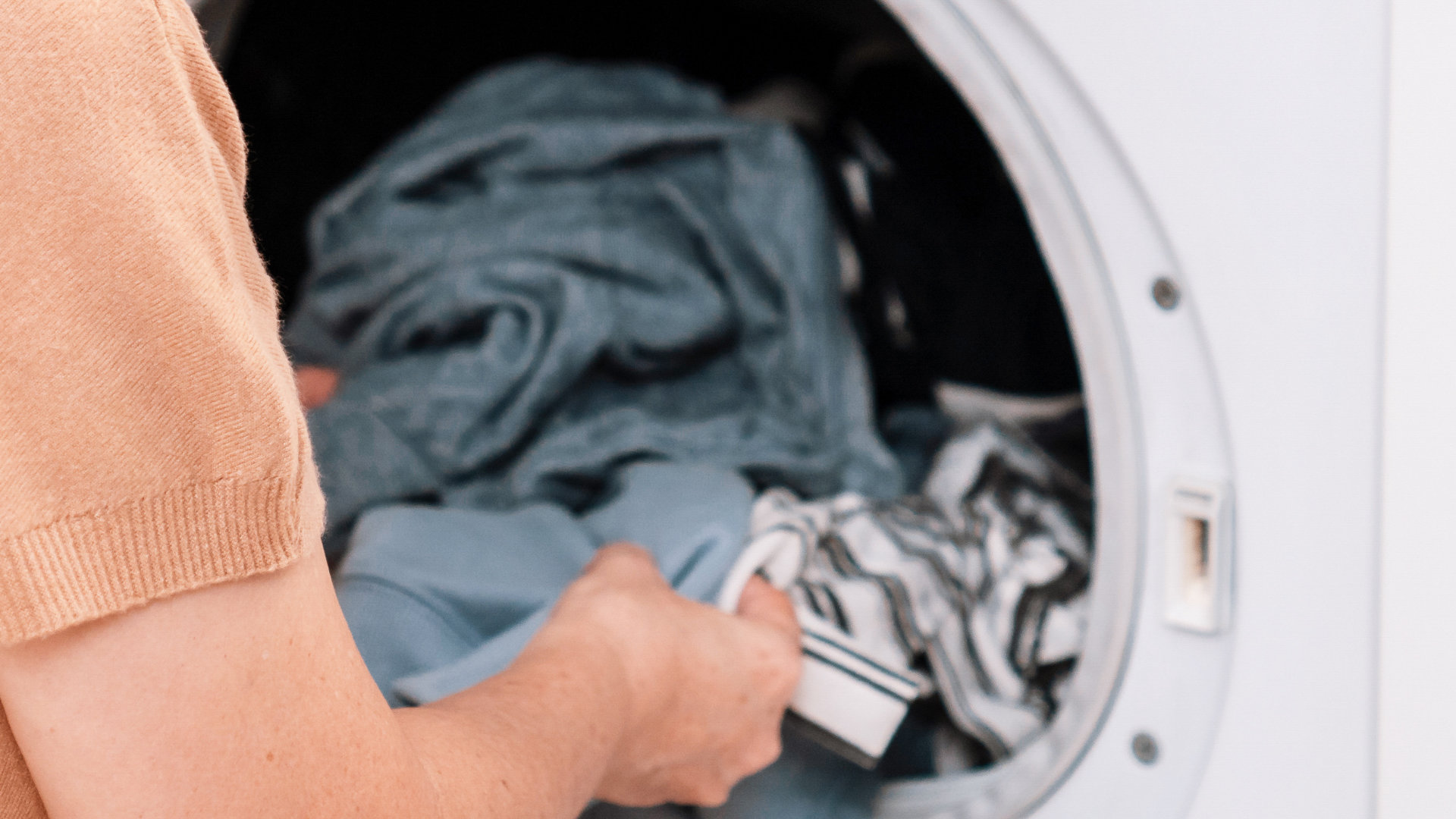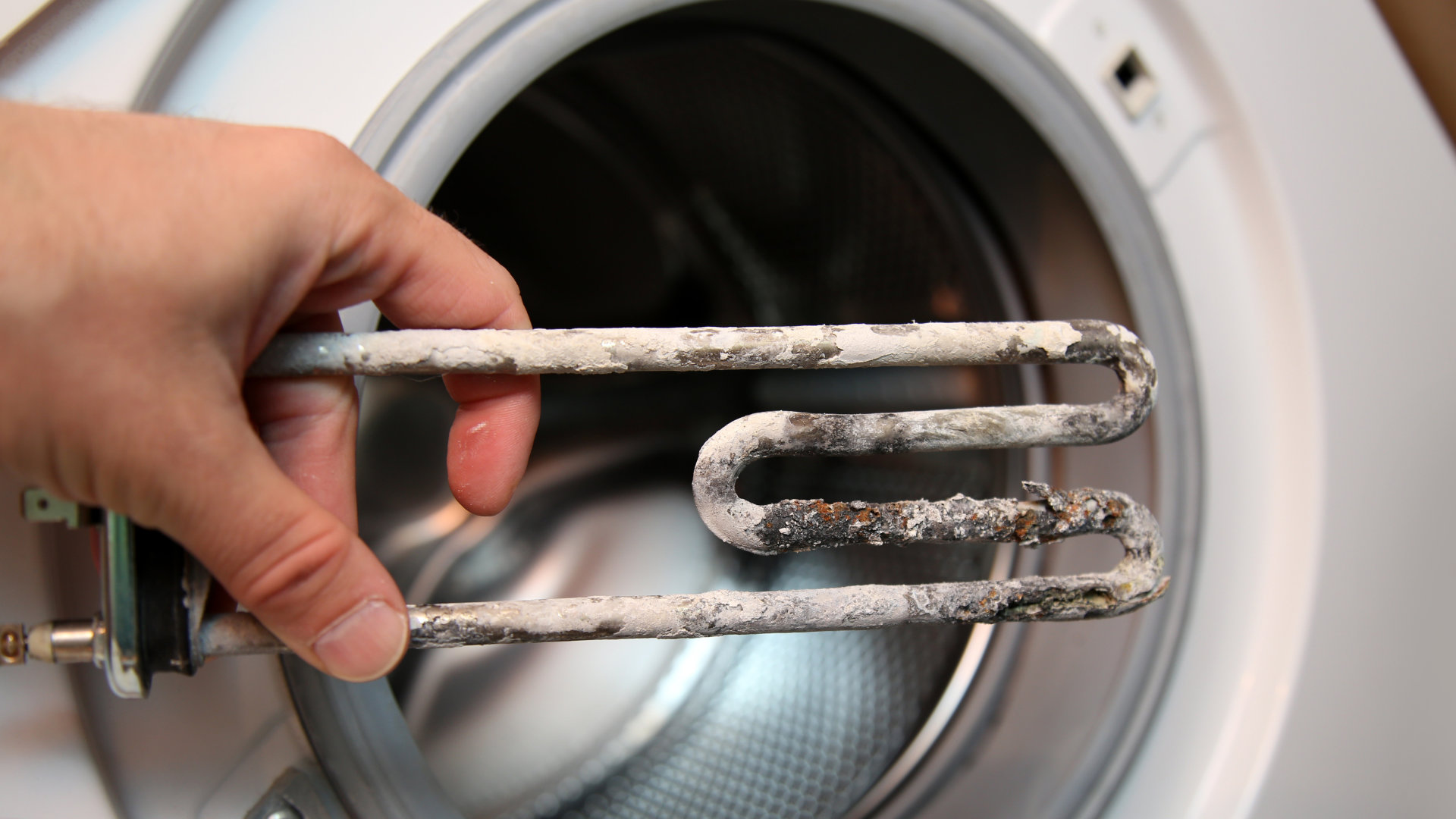
There are many who prefer to have hard water in their house. It tastes better and they often say it feels better when used for washing than soft water. The unfortunate truth is that while you may enjoy your hard water, you will pay a price for it at the cost of your appliances. Appliances that use hard water often have a lower lifespan than those in soft water homes. If you have very hard water, it can actually cut the lifespan almost in half. This means a washer that should last you over 12 years or more may start having serious issues at only six years old. Imagine having to replace any water-using appliances in less than a decade. The cost of hard water is a literal financial cost in this way.
If you are proactive about it and your house has a manageable level of hardness to the water, you can help your appliances reach that maximum lifespan. You do not have a plethora of options for treating it, but you do have options that best suit how you want to run your home.
How Hard Water Affects Water-Using Appliances
Water is water, right? Unfortunately, what makes hard water taste better to some and feel better on your skin is a high mineral content. Mineral content is generally what makes bottled water taste better and it is no different for what comes out of your tap. It is easiest to think of the minerals in hard water like plaque on teeth. Leaving plaque on for a little while results in no damage to your teeth. However, without friction to remove it, plaque will stick on surfaces and builds up to do damage. Minerals stick the same way. The minerals in hard water stick to areas like inside hoses, on heating elements, or any surface where water exposure happens. If there is significant friction, usually they are washed away, but will still build up given enough time anyway. Over time you will see the most build up in areas where water tends to linger a bit. It can happen anywhere what touches given enough time, but again, that friction keeps things cleaner for longer.
So limescale is essentially just a lot of minerals that form a sort of crust, but how does that hurt appliances? Essentially the build up will prevent function and increase wear. A limescale build up on a heating element prevents heat from getting out to the water as quickly, increasing energy use to run a normal cycle. Limescale build up in a water inlet or hose will restrict water flow, preventing water from getting in as quickly. This could prevent use all together if it gets bad enough. Furthermore, none of these parts were really designed to have things touching them other than water. By having a crust on them, it can lead them to prematurely stop working.
What Can Be Done To Fight Hard Water Build Up in Appliances?
When it comes to having hard water and its build up of minerals in your appliances, there are really only two routes you can take to get rid of it. You either actively prevent it from happening in the first place or you react to it happening. This makes it sound like there is a wrong answer here, but really as to which you choose will depend on your preference for your home.
Whole House Water Softeners
The simplest way to deal with hard water build up in an appliance is to prevent it completely from happening. If you want to prevent appliance damage, it is strongly recommended to invest in a whole home water softener. Using water softening solution, it removes the minerals that will create limescale inside an appliance.
However, this comes with some obvious downsides. The first is it can be quite expensive to install initially and you will have to add the softener occasionally as needed. Second, soft water can be an adjustment and many people don’t want to make it. This leads you preferring the other available option.
Descaling
Descaling, or removing the limescale, is the other alternative. In this option, you physically go into each of your water using appliances and clean away the hard water build up out of it. Basically, you have to choose between an option that requires funding or an option that requires physical labor when it comes to dealing with hard water.
It is recommended that you descale your water using appliances at least every six months. If you have very hard water, it may need to be done as soon as every three months, which makes it even more of a chore to remember to do. It is why you find so many homes with water softeners already installed in areas where there is very hard water.
How to Descale an Appliance
While descaling an appliances sounds like it is a pretty difficult task to do possibly every three months in your home, it is generally made less so by invention. There are products out there made for descaling every appliances that uses water. Washers, dishwashers, coffee makers, even shower heads will all have products specifically meant to remove limescale.
However, after using these products, which typically involve throwing them inside and running a cycle, you will want to check to make sure they did in fact work. When doing this, it isn’t so much about checking the tub, but anywhere exposed to water. You will want to check water inlet valves on the appliance as well as the drain hoses. One area you will need to clean manually is the inlet valves for water from your plumbing. You will notice chalky white build up around these areas that will need to be removed with a descaler. It can also build up in the filters and hoses in the area. You can clean the filters easily, but the hoses are just best off being replaced. Over time, you may discover that these hoses can be restricted by build up as well, this is why you want to check them on occasion to make sure that isn’t happening.
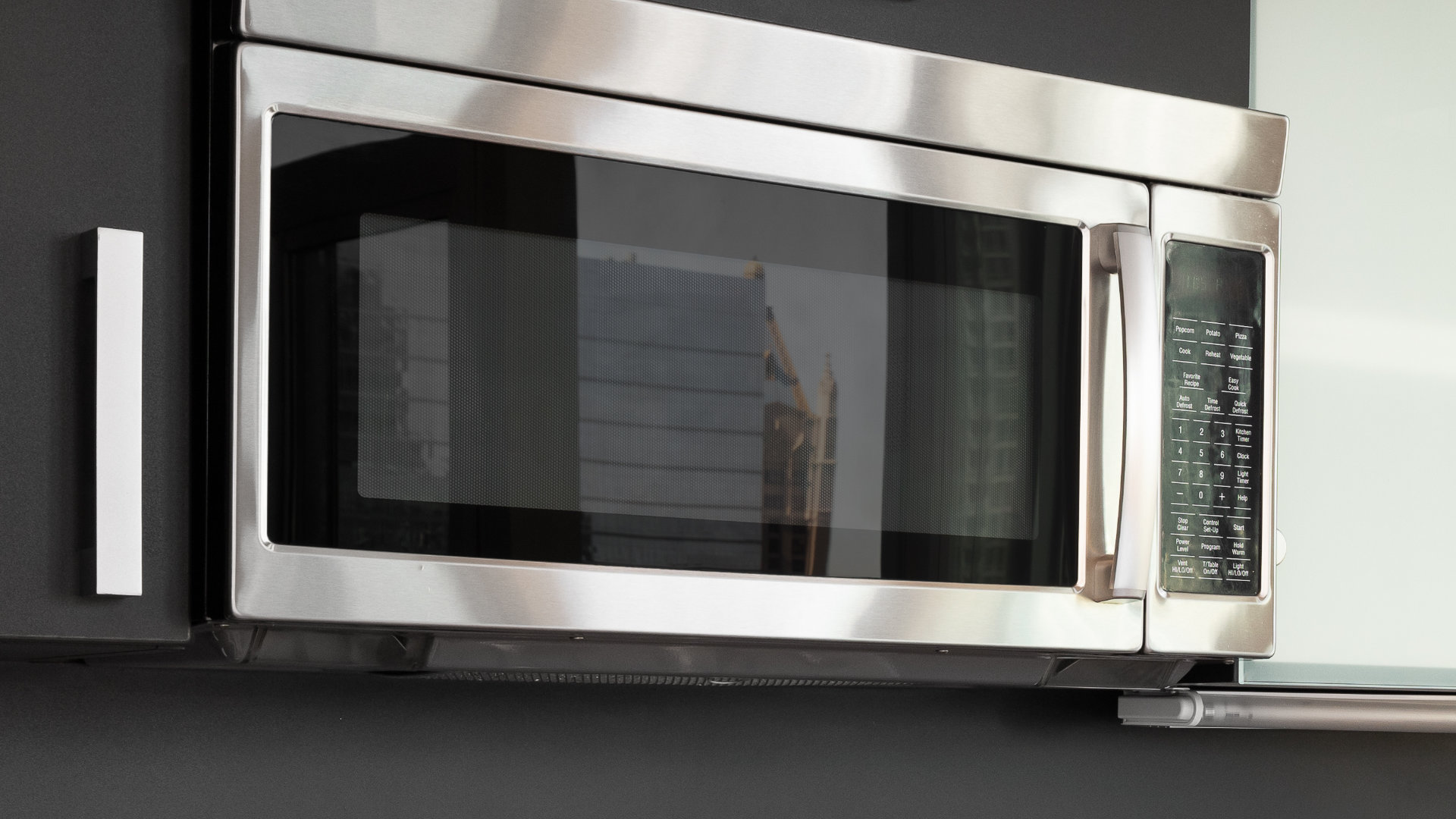
Your Guide to Whirlpool Microwave Replacement Parts
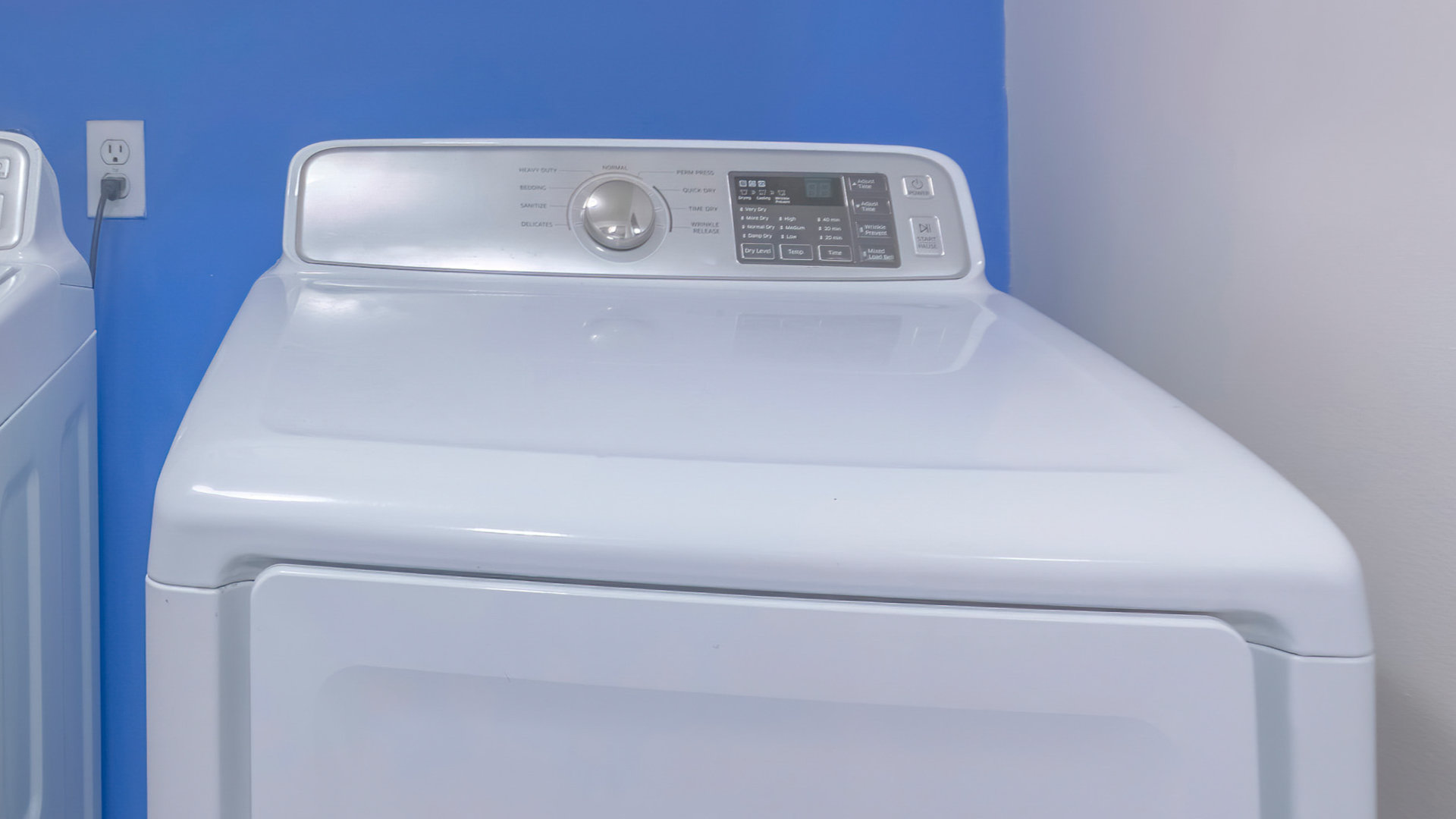
What to Do When Your Kenmore Dryer Won’t Start
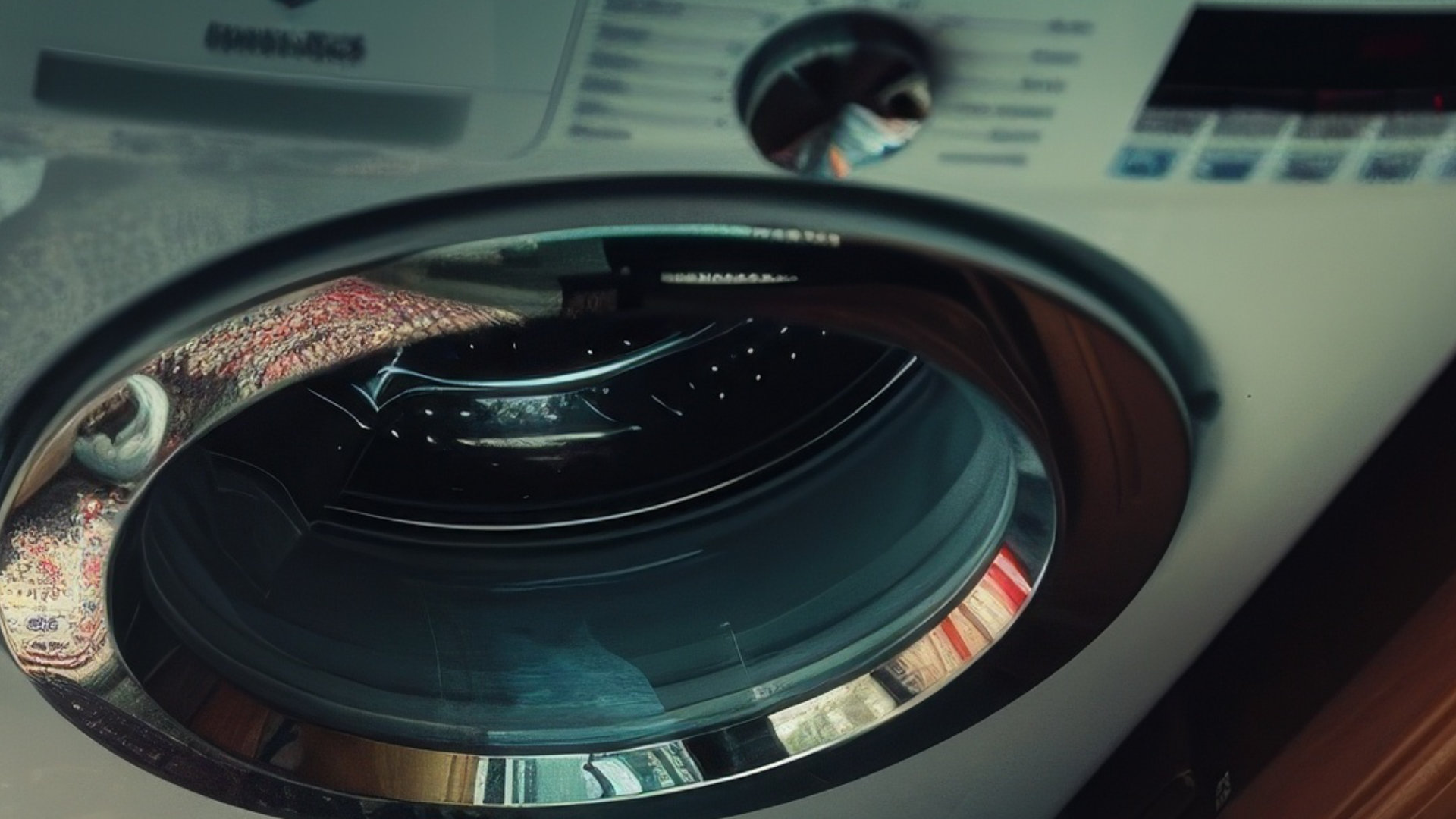
How to Resolve the LG Washer LE Error Code
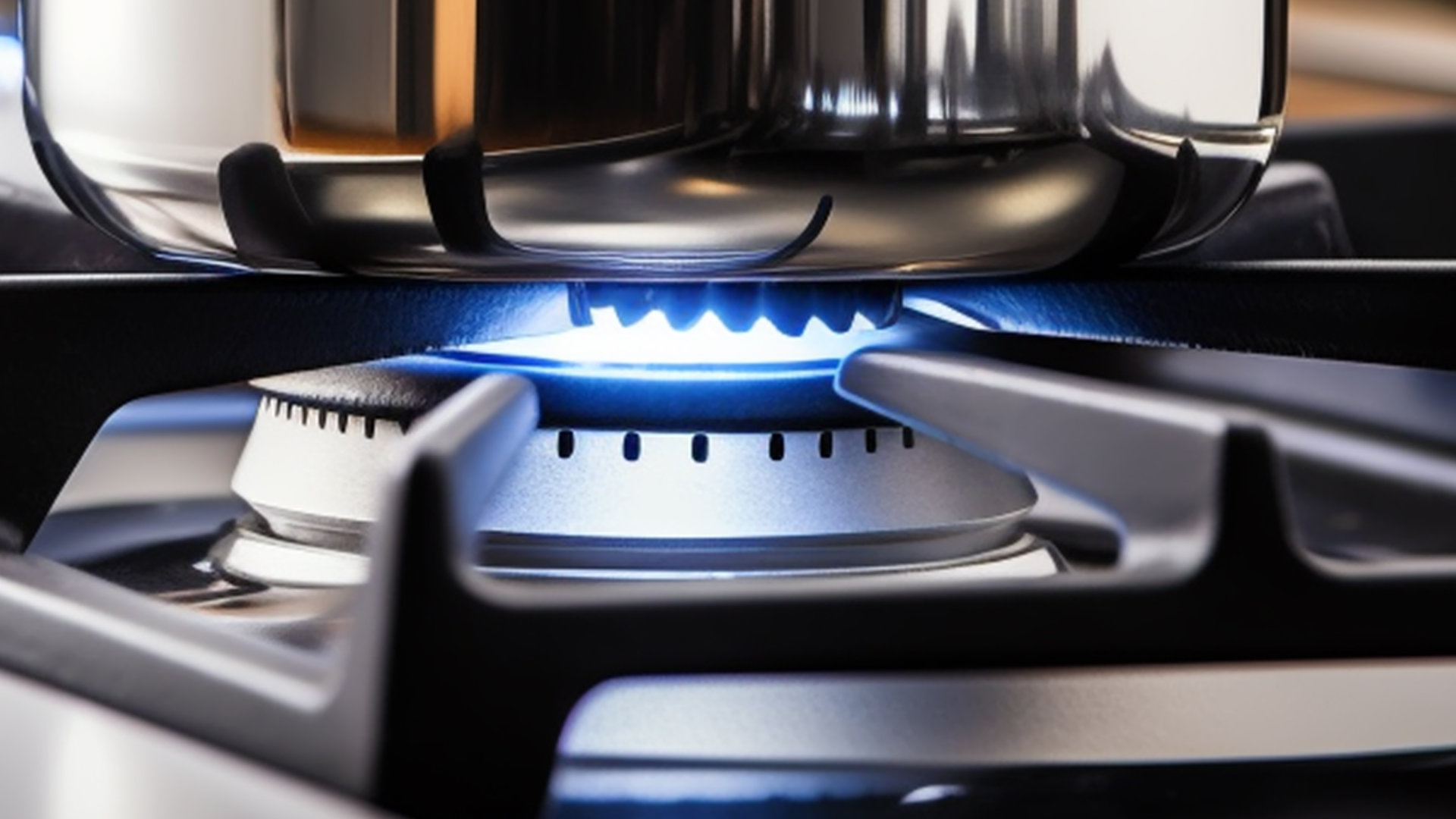
Why Does My Oven Smell Like Gas? Causes and What to Do
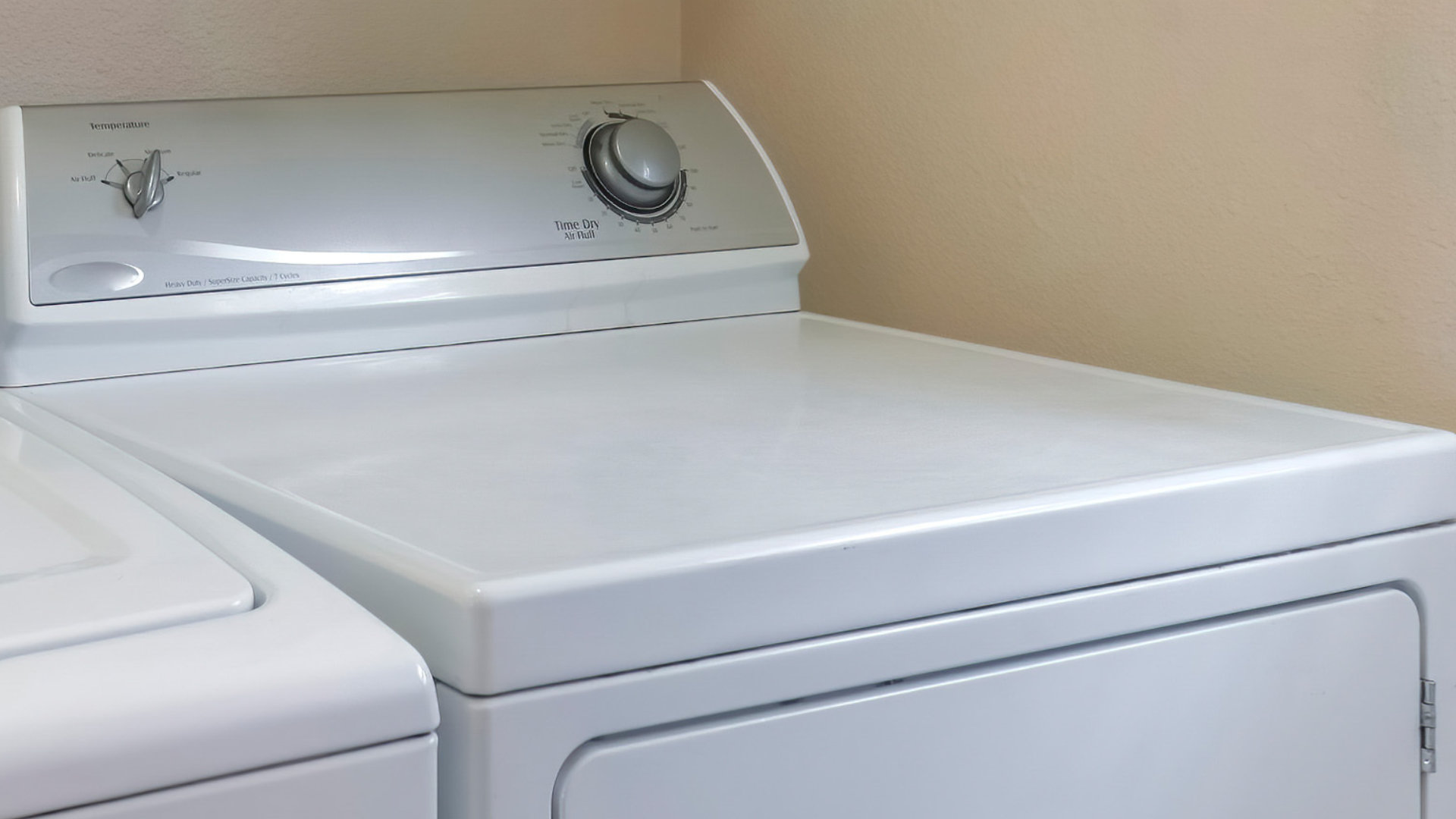
Maytag Dryer Not Heating? Here’s How to Fix It
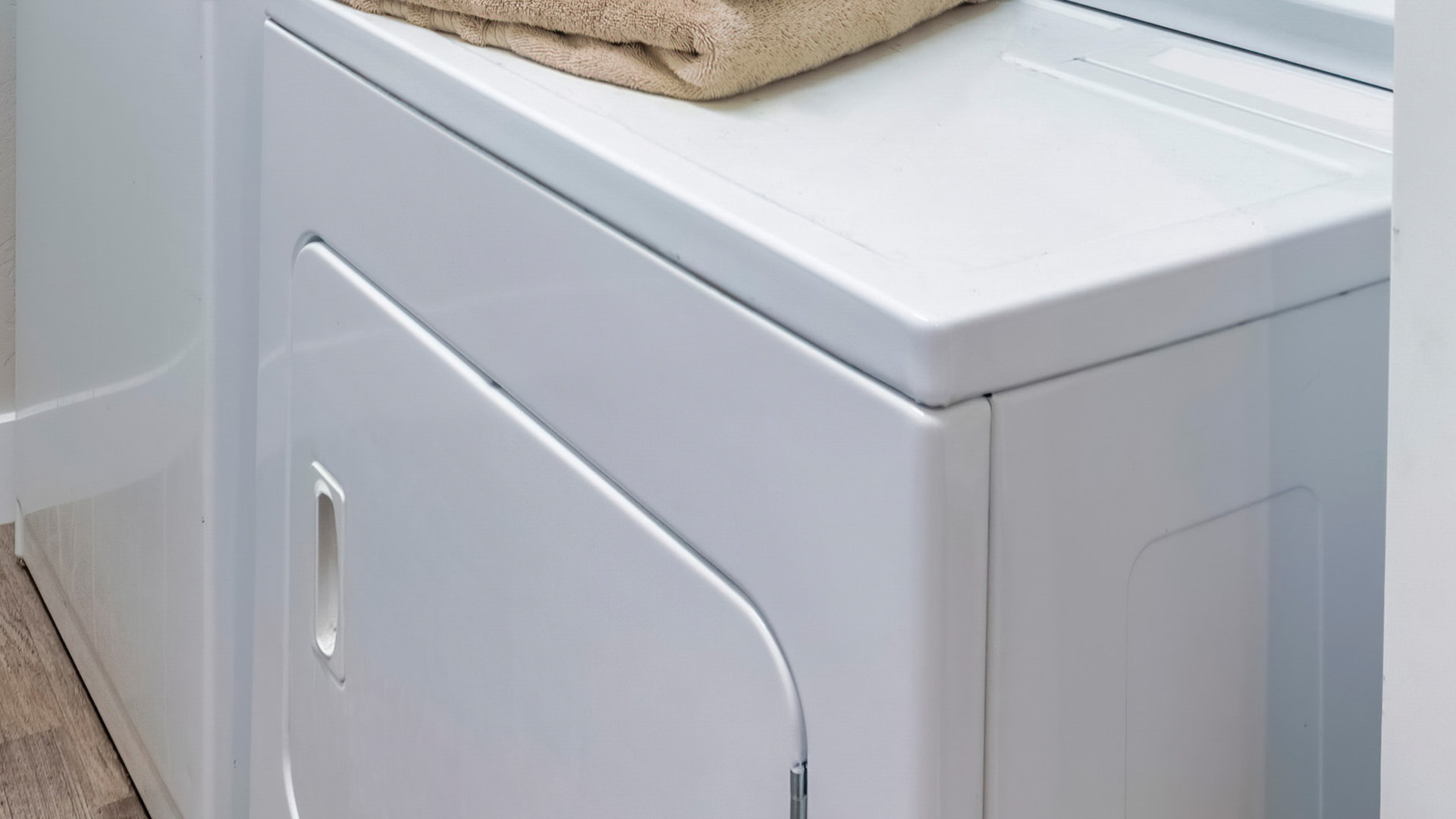
6 Common Reasons Your Speed Queen Dryer Isn’t Heating
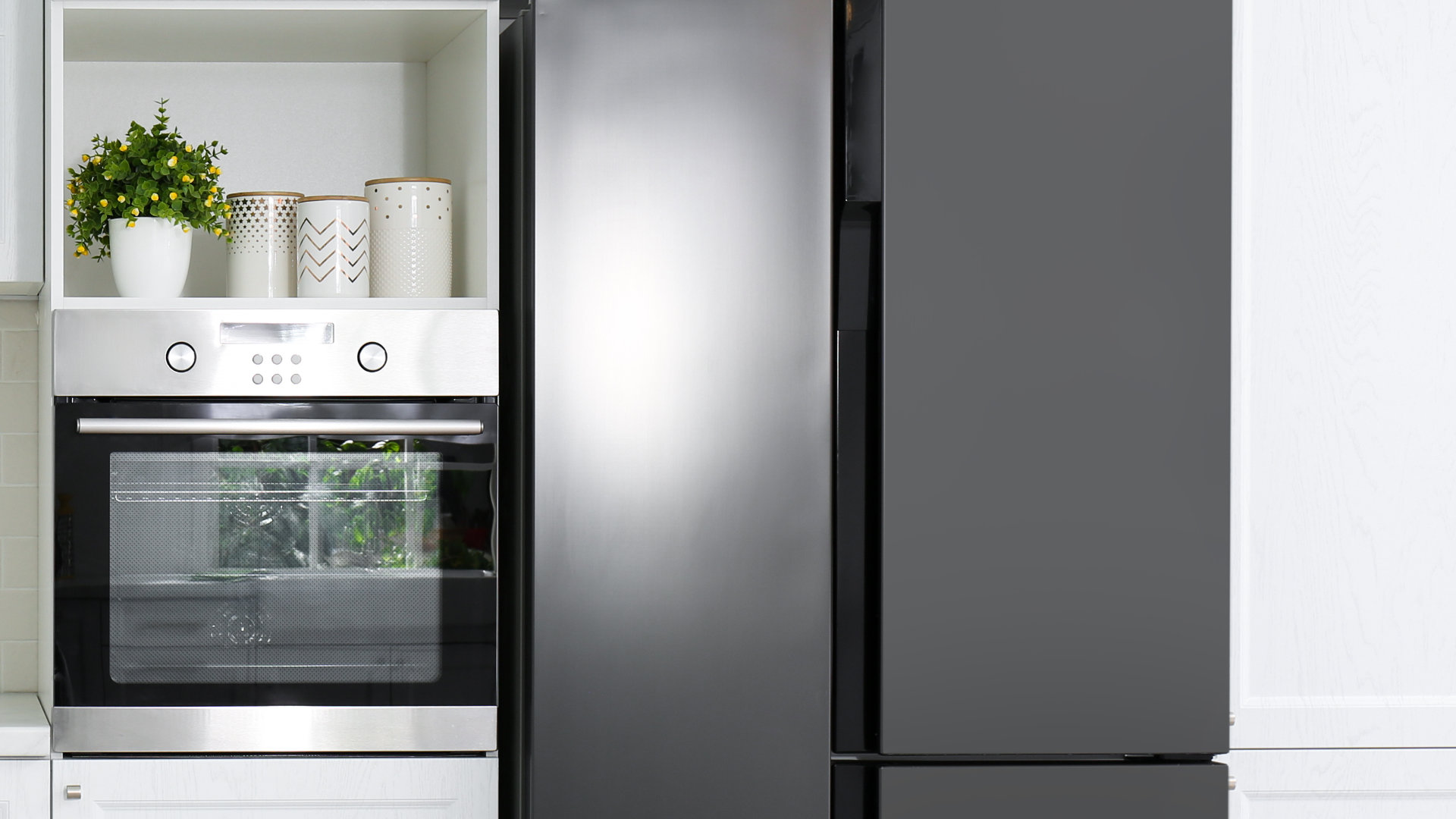
8 Reasons Your Samsung Refrigerator Is Not Cooling
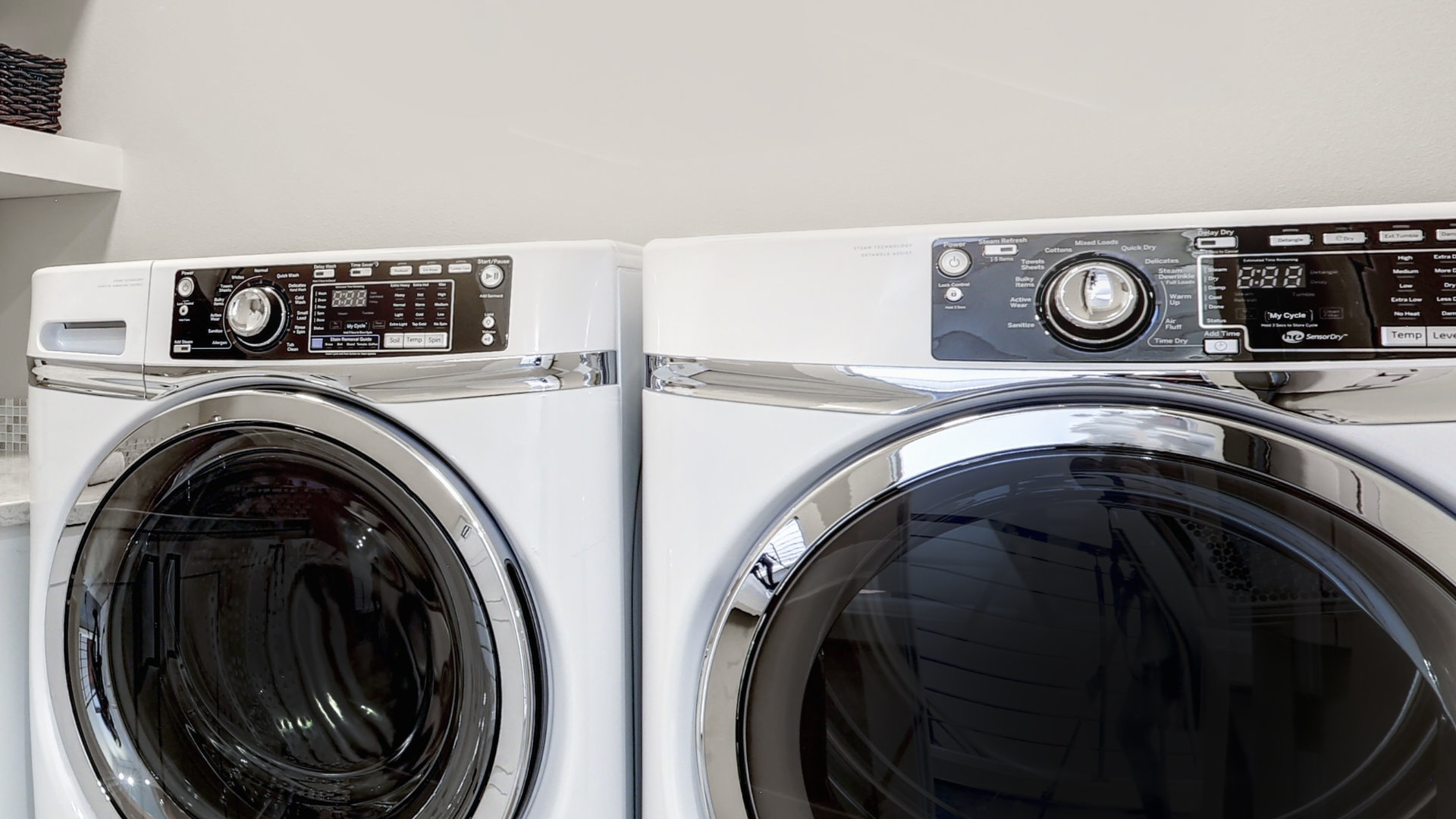
9 Most Reliable Washer and Dryer Brands
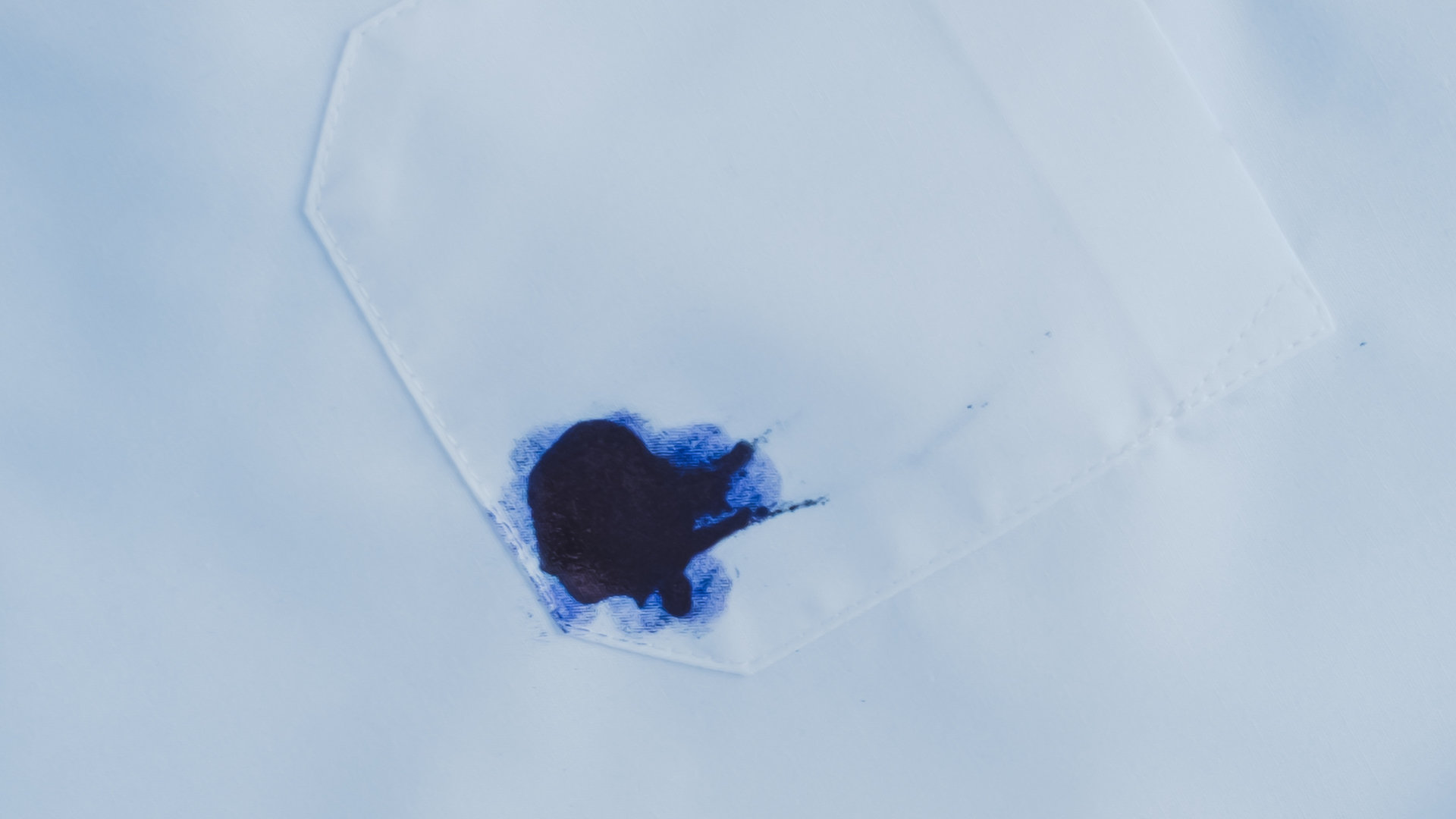
How to Get Ink out of Your Dryer the Easy Way
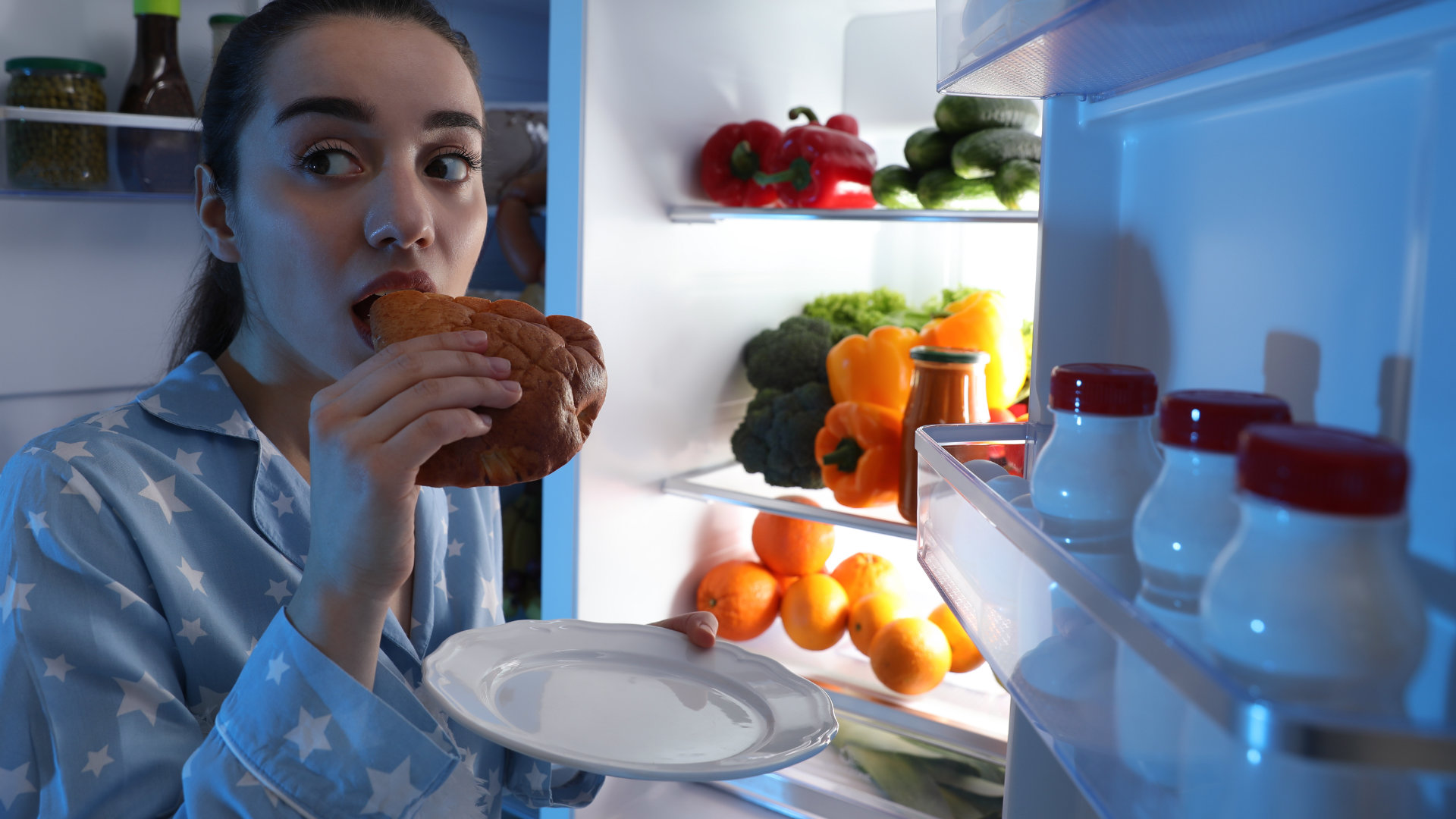
Why Is My Fridge Making Noise That Stops When the Door Is Open?
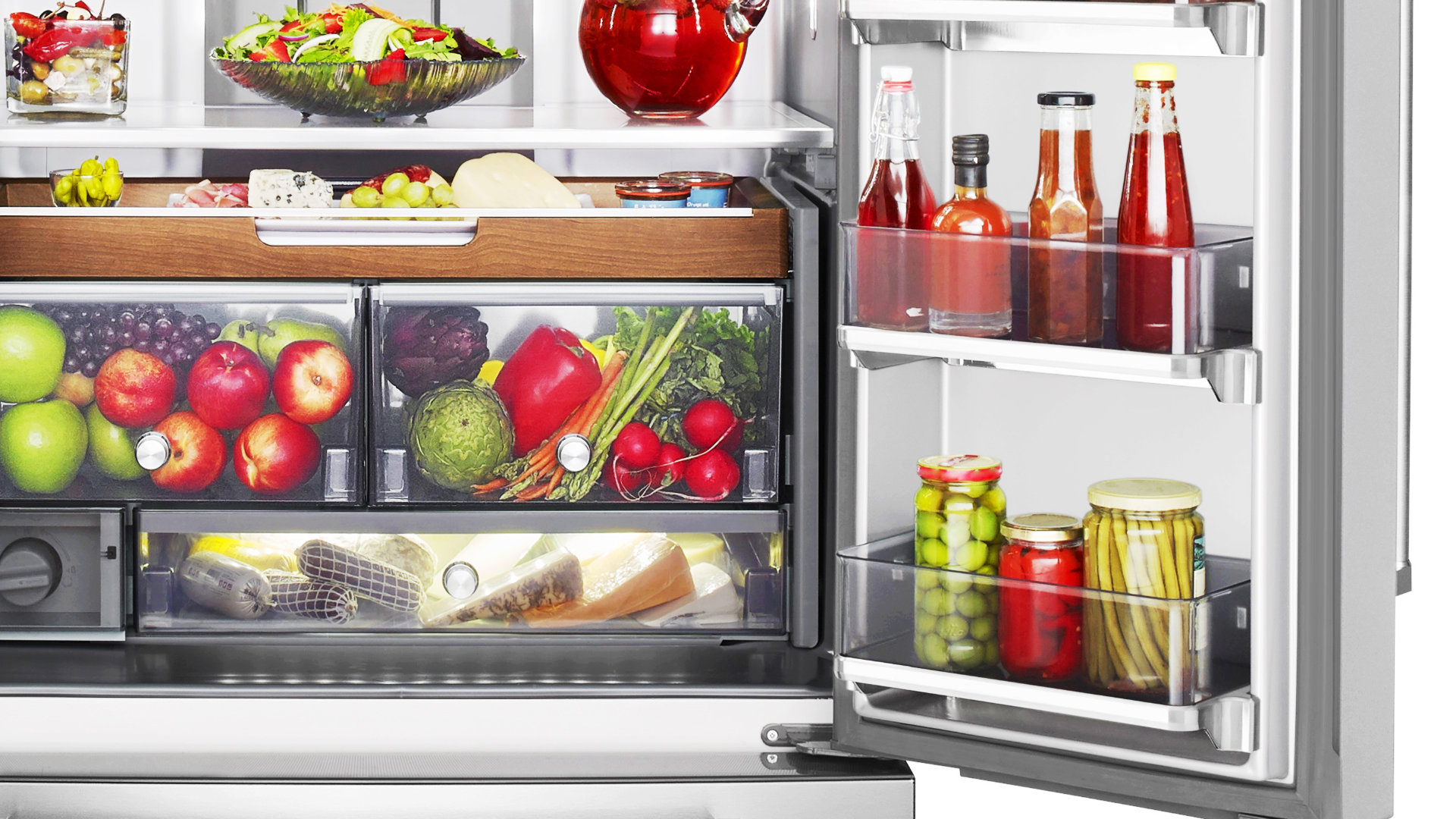
Frigidaire Refrigerator Error Code H1: Causes & Solutions
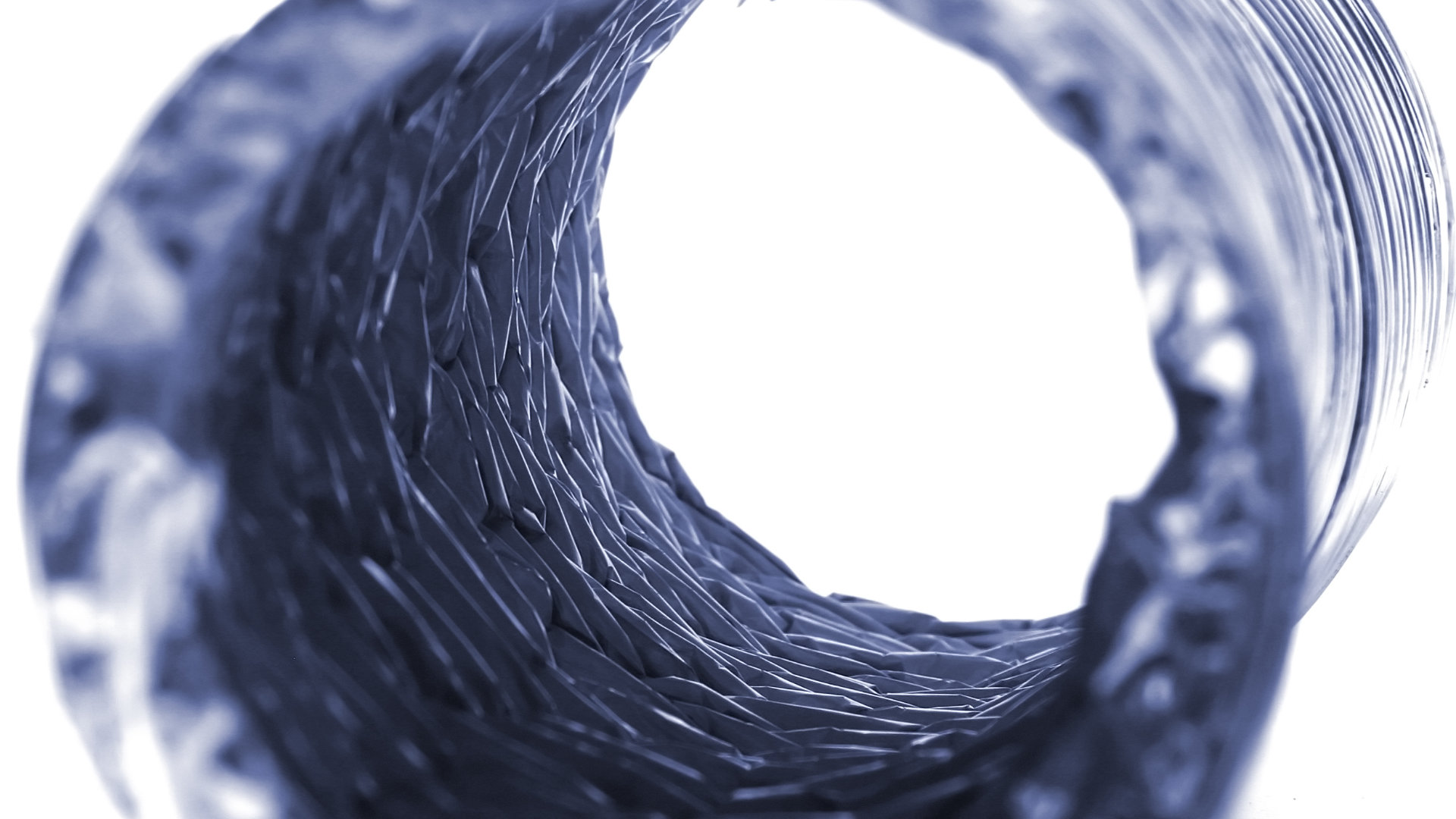
How to Clean a Dryer Vent Without Moving the Dryer
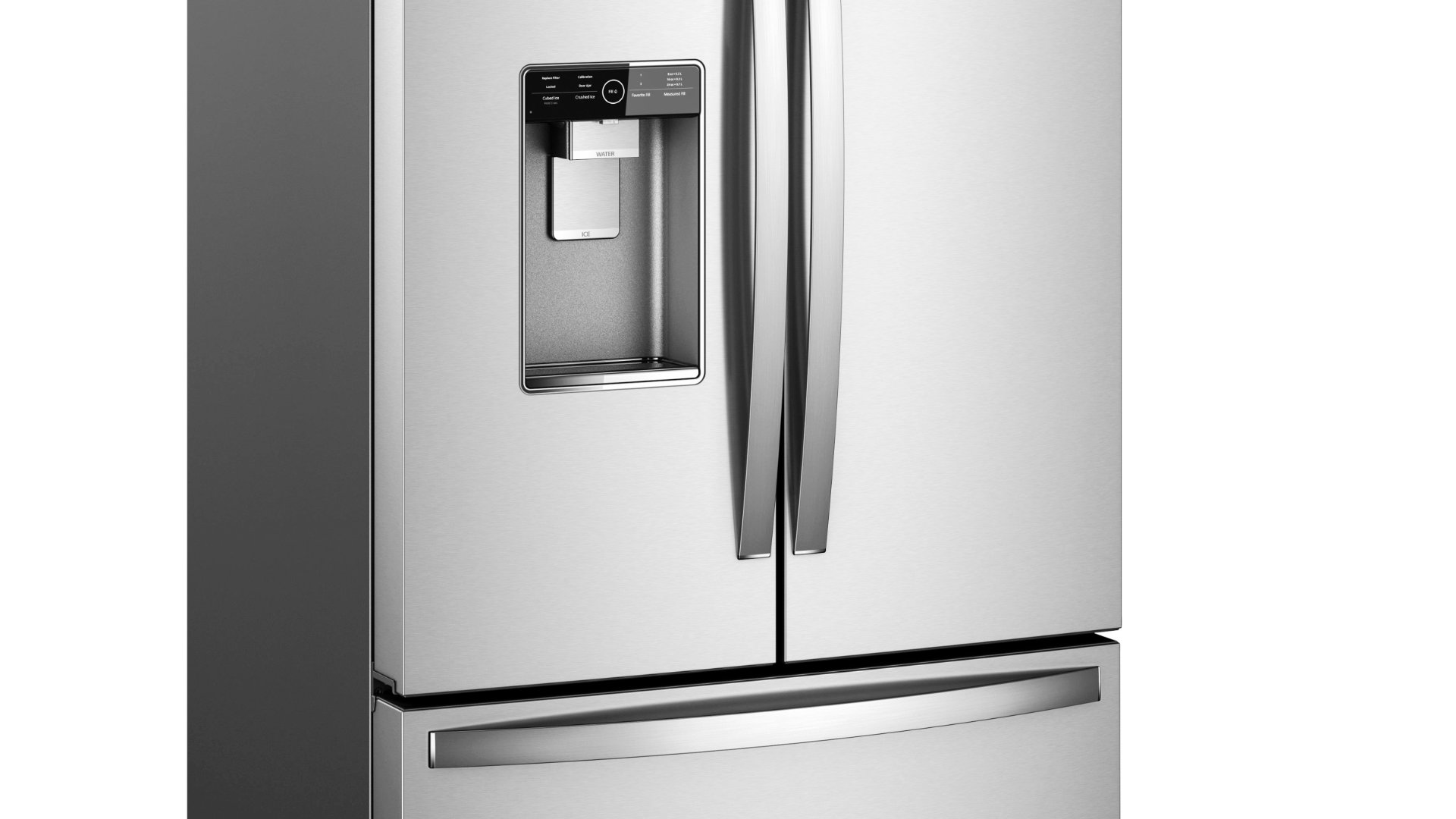
9 Reasons Your LG Refrigerator Isn’t Cooling
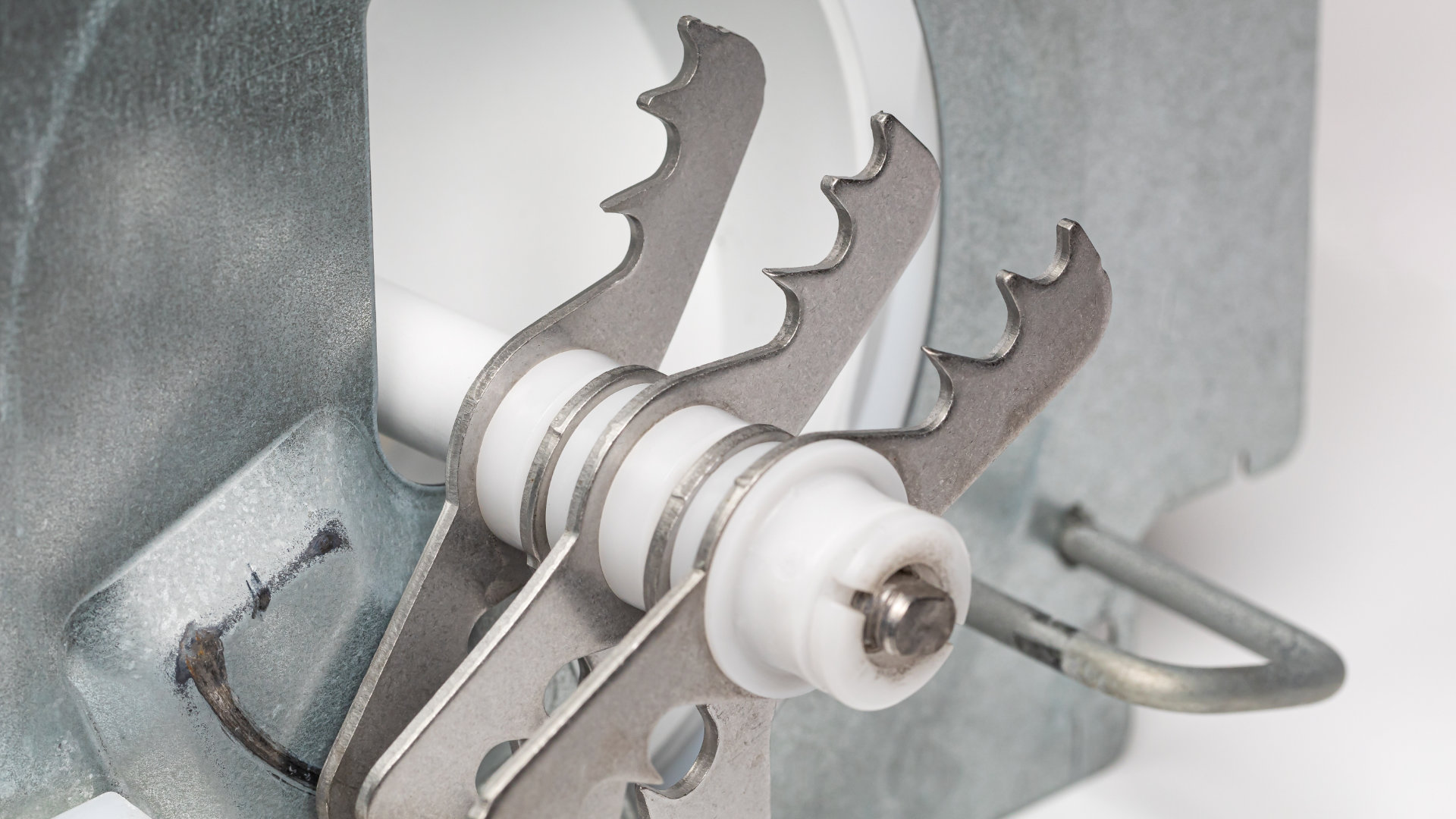
LG Refrigerator Not Making Ice? Here’s What To Do!
